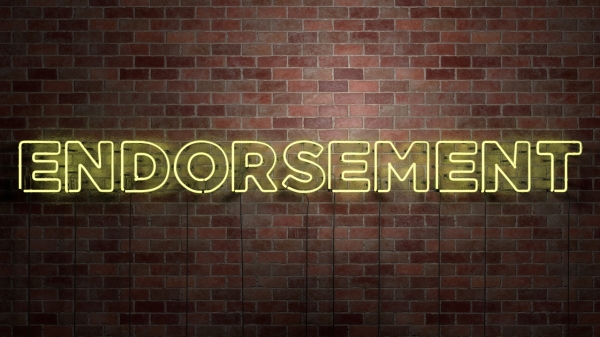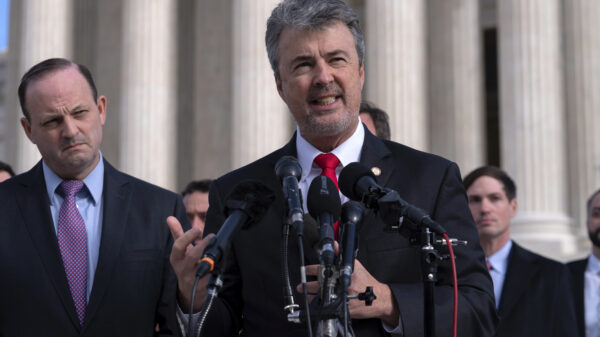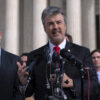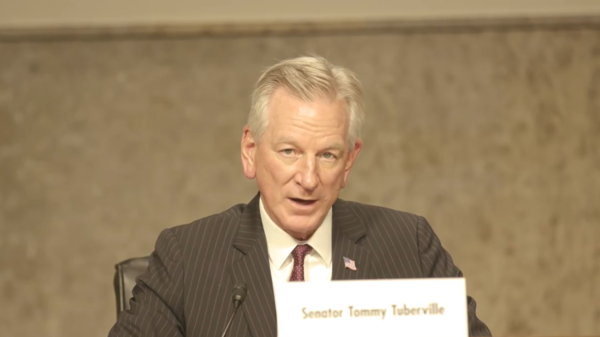Just out of sight, a legal brawl between more than 20 attorneys and four federal judges continues on, with the judges accusing the attorneys of “judge shopping” and the attorneys accusing the judges of violating their constitutional rights.
The fight originated out of the contest of Alabama’s transgender treatment ban – a ban that federal Judge Liles Burke mostly blocked last month. Burke also accused the attorneys involved of potentially “judge shopping.”
Burke said that the act of filing two cases in the state, then voluntarily dismissing them when it appeared they would be combined and assigned to Burke, only to later tell media outlets that they planned to refile a nearly identical case, was possibly evidence of the attorneys manipulating the random judge selection process.
A three-judge panel – chief judge Jeffrey Beaverstock, Keith Watkins and David Proctor – agreed with Burke that the actions were suspicious, at least without context. The panel ordered the attorneys involved – nearly 30 in all – to appear at a hearing in May to answer questions and settle the matter.
It is far from settled.
In subsequent filings, the two sides have argued over potential outcomes, which attorneys should be subjected to further hearings, whether due process rights have been violated, whether the panel violated the attorneys’ rights to have counsel at the first hearing and how the matter should ultimately be settled.
Last week, the attorneys filed a motion asking the panel to alter what has to be the most restrictive gag order in modern legal history. The order prevents the attorneys involved from speaking about the case to anyone other than their personal attorneys.
That means they can’t discuss the case with each other. They also can’t discuss it with their family members or even spouses.
The panel also took action against the media and public present at any hearings on the matter, barring the public from possessing electronic devices of any kind and allowing media members to possess devices only for the purposes of taking notes. The panel barred the media from taking audio or video recordings and from taking photos.
“The Gag Order, as written, interferes with the undersigned counsel’s effective representation of (the attorneys), prevents (the attorneys) from providing any response to the public accusations made against them during this proceeding, and precludes ordinary and entirely non-objectionable communications about this matter with their loved ones, colleagues, and others,” the filing reads.
Instead, the attorneys asked the panel to simply reinstate an earlier sequestration order, which prevented the attorneys involved from disclosing their testimony before the panel to each other.
The panel has set a hearing for Aug. 3 to begin asking questions of the attorneys involved. In a filing from the panel, the judges said that while no attorney has of yet been accused of violating rules of the court, the proceedings could ultimately result in formal allegations and potential disciplinary actions.
For his part, Burke ultimately blocked most of Alabama’s transgender law, saying it was likely to fail a constitutional test because it too broadly limited the rights of parents and patients to make legal, personal medical deicisons. Burke let some parts of the law stand, including a ban on surgical procedures, which the plaintiffs did not challenge. (Doctors noted repeatedly during hearings prior to the law being passed in the Alabama Legislature that surgeries are not performed on minors.)



















































